Description
Not Your Ordinary Banana Tree
Musa acuminata, commonly known as the banana plant, is a tropical beauty prized for its lush foliage and delicious fruit. Originating from Southeast Asia, particularly regions like Malaysia and Indonesia, this species belongs to the Musaceae family.
Musa acuminata is characterized by its large, paddle-shaped leaves arranged spirally around a central stem. The leaves can grow several feet in length and width, creating a dramatic and tropical appearance. Depending on the variety, the foliage may range in color from vibrant green to deep red or purple hues. Mature plants may produce clusters of flowers followed by clusters of fruit, which vary in size, shape, and color depending on the cultivar.
Light
Banana plants thrive in full sun to partial shade, making them ideal for outdoor cultivation in tropical and subtropical regions. Plant your Musa acuminata in a location that receives at least 6 to 8 hours of direct sunlight each day. In areas with intense sunlight, provide afternoon shade to prevent leaf scorching. If growing indoors, place your banana plant near a south or west-facing window where it can receive bright, indirect light throughout the day. Supplemental grow lights may be necessary to ensure adequate light levels, especially during the winter months.
Temperature
Musa acuminata thrives in warm, tropical climates with temperatures consistently between 75°F to 90°F (24°C to 32°C) during the day and above 60°F (15°C) at night. While banana plants prefer warm temperatures, they can tolerate brief periods of cooler weather down to 50°F (10°C) without significant damage. However, prolonged exposure to temperatures below 50°F (10°C) can cause frost damage or kill the plant. In regions with colder winters, consider growing Musa acuminata in containers that can be brought indoors during the colder months or provide frost protection with blankets or frost cloth.
Soil
Banana plants prefer well-draining, fertile soil with a slightly acidic to neutral pH level between 5.5 to 7.0. A rich, organic potting mix with added compost or well-rotted manure works well for container-grown plants. Ensure that the soil remains consistently moist but not waterlogged, as banana plants are sensitive to waterlogging, which can lead to root rot. Choose a container with drainage holes to allow excess water to escape and prevent water buildup around the roots.
Water
One of the key aspects of Musa acuminata care is proper watering. Keep the soil consistently moist but not waterlogged, as banana plants require regular irrigation to support their rapid growth. Water your banana plant deeply, ensuring that the water reaches the roots, and allow excess water to drain out of the bottom of the pot. During hot, dry weather, increase watering frequency to prevent the soil from drying out completely. However, avoid overwatering, as this can lead to root rot and other moisture-related issues.
Fertilization
Feed your Musa acuminata plant regularly with a balanced, slow-release fertilizer formulated for fruiting plants. Apply the fertilizer every 4 to 6 weeks during the growing season, from spring to early fall, following the manufacturer’s instructions for dosage and application. Avoid fertilizing during the winter months when the plant’s growth slows down. Additionally, provide supplemental potassium and phosphorus to promote healthy fruit development and flowering. Mulching around the base of the plant with organic matter can also provide a steady source of nutrients and help retain soil moisture.
Pruning
Regular pruning helps maintain the health and appearance of your Musa acuminata plant. Remove any dead or damaged leaves to improve air circulation and prevent the spread of pests and diseases. Trim back any suckers or offshoots that emerge from the base of the plant to encourage upright growth and maintain the desired shape. Additionally, remove any spent flower stalks or fruit clusters to redirect energy back into vegetative growth. Keep an eye out for pests such as aphids, scale insects, and spider mites, especially during periods of rapid growth. Treat infestations promptly with insecticidal soap or neem oil, following the manufacturer’s instructions carefully.
Propagation
Musa acuminata can be propagated through division, suckers, or tissue culture. Division involves separating the rhizomes or underground stems of mature plants and replanting them in individual pots or directly in the ground. Suckers, also known as offshoots or pups, are small shoots that emerge from the base of the plant and can be detached and replanted once they have developed their own root system. Tissue culture, while more complex, involves propagating banana plants from small sections of tissue culture in a laboratory setting. Choose the propagation method that best suits your needs and preferences, and enjoy expanding your banana plant collection.
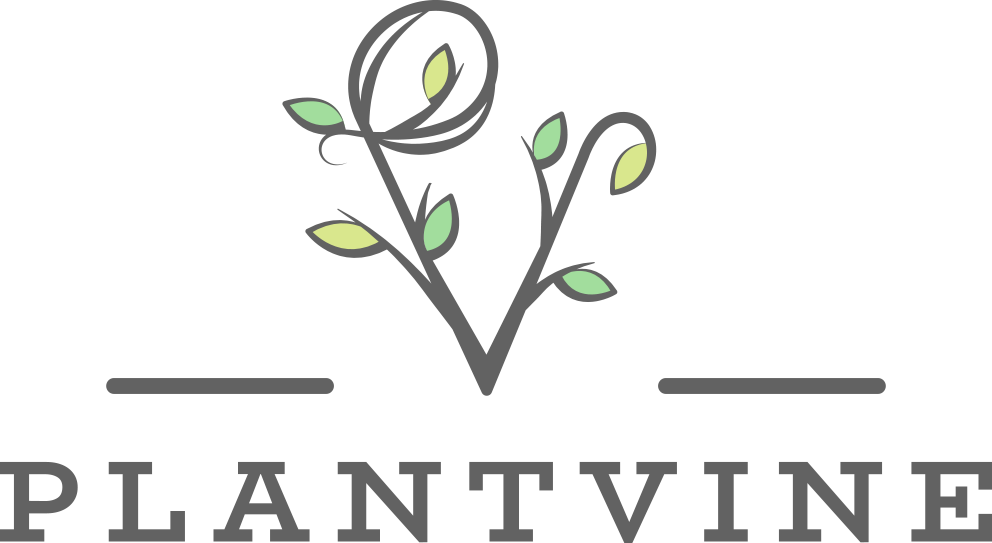
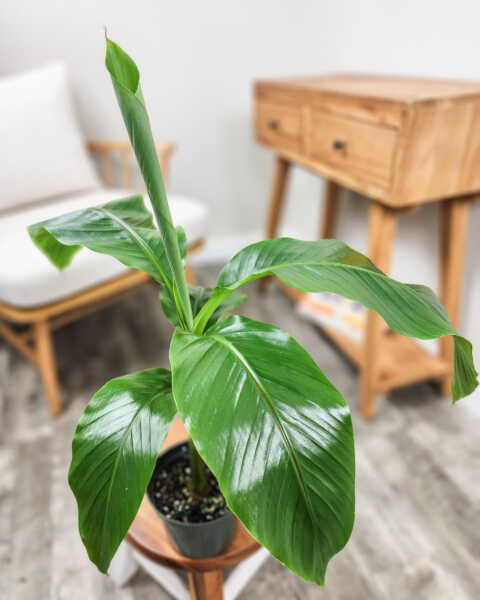
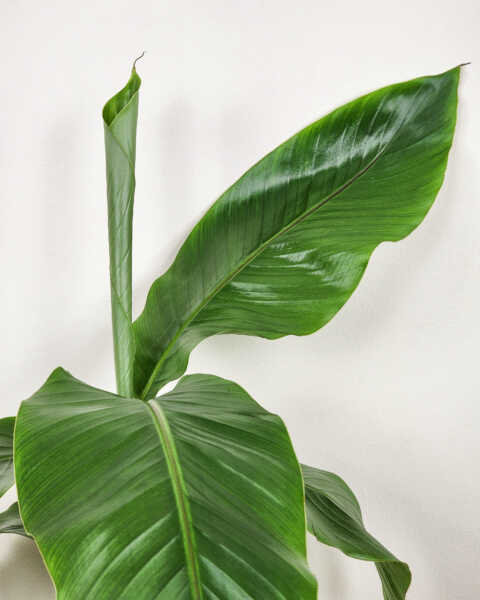
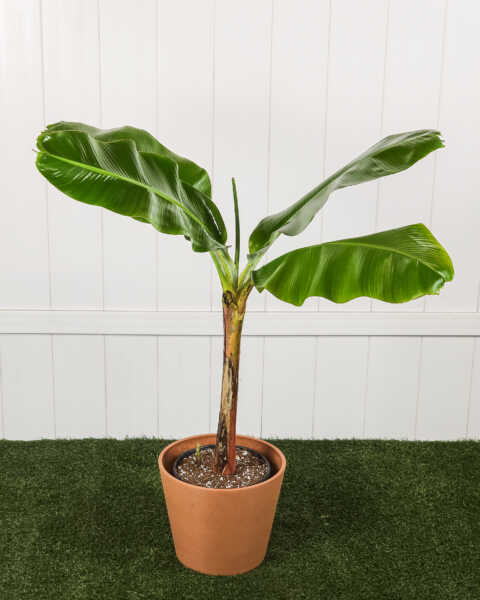



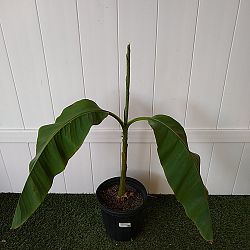
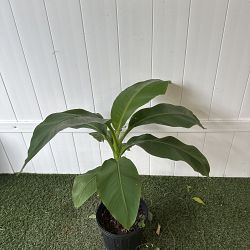




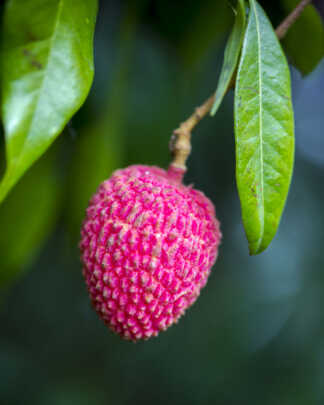
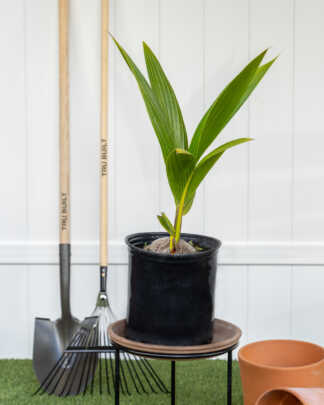
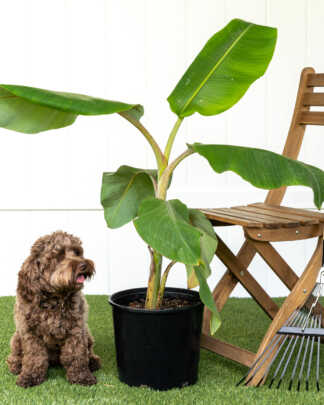
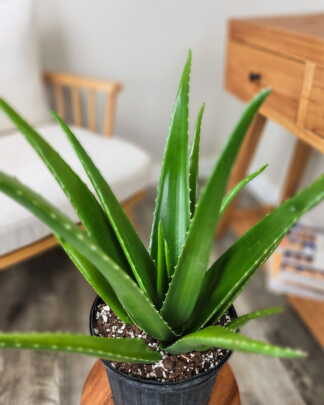
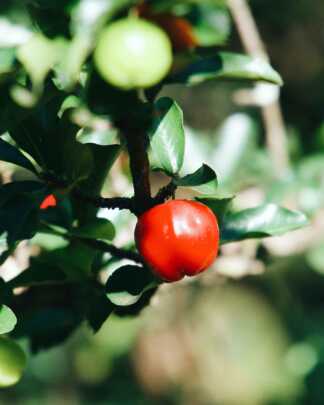

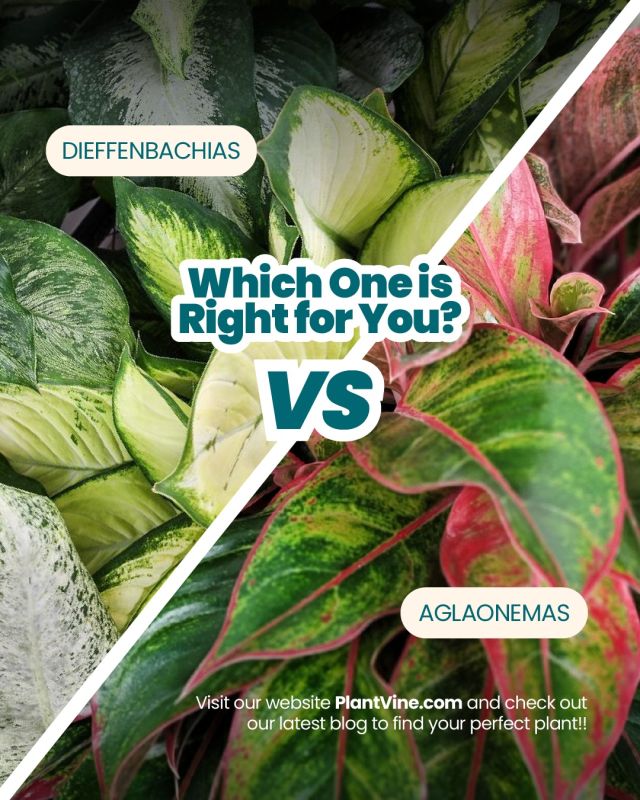
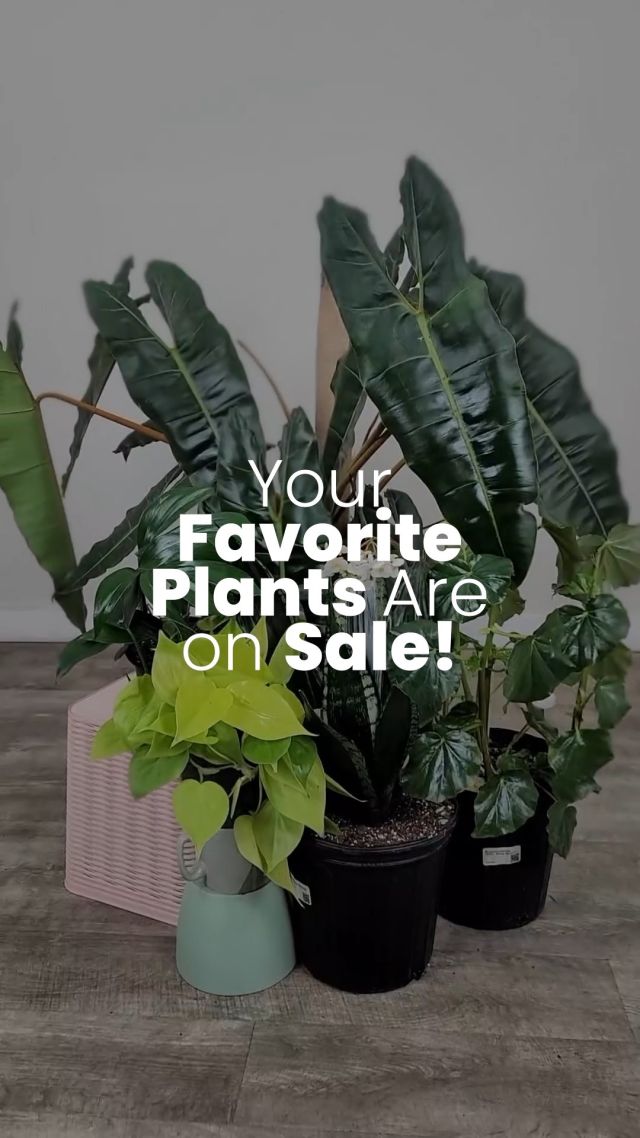
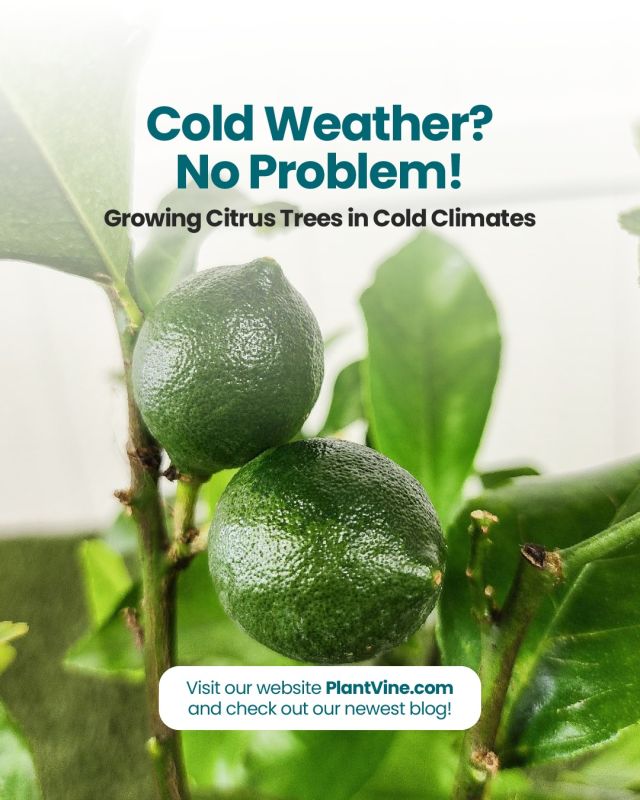



Sylvia Saab (verified owner) –
Some leave were brown but love them